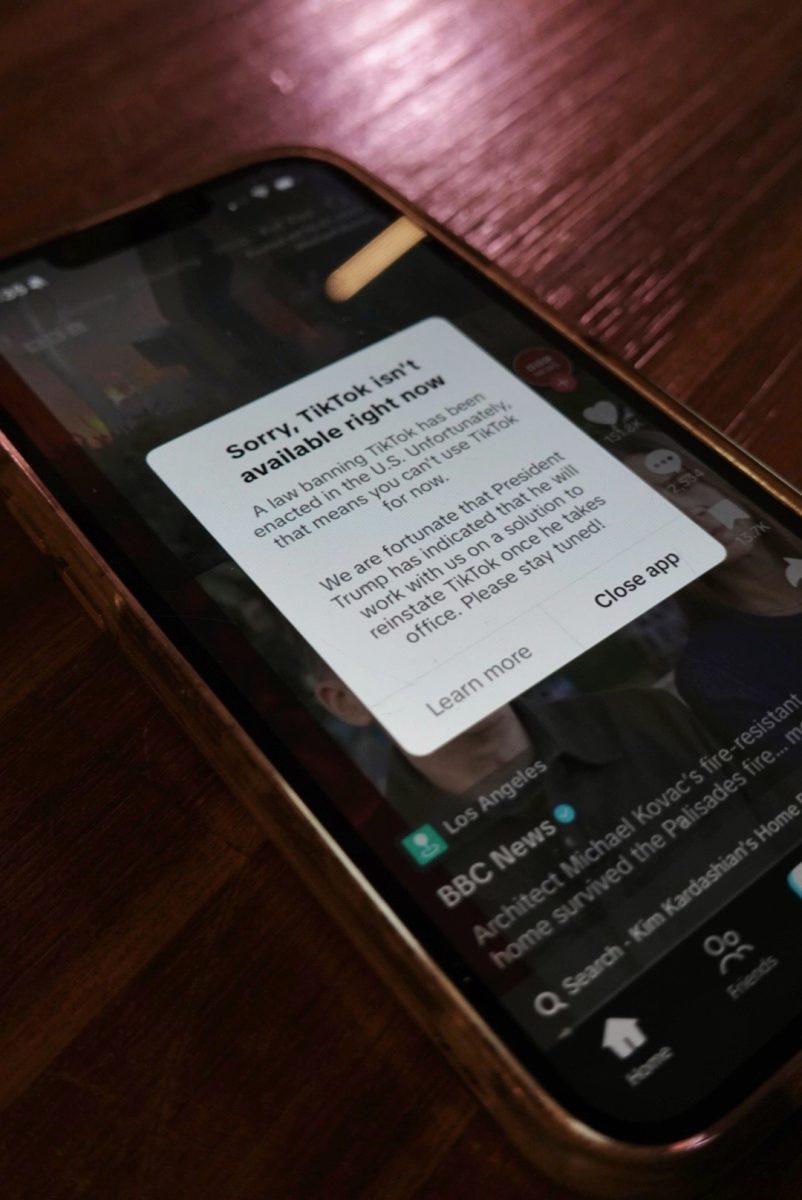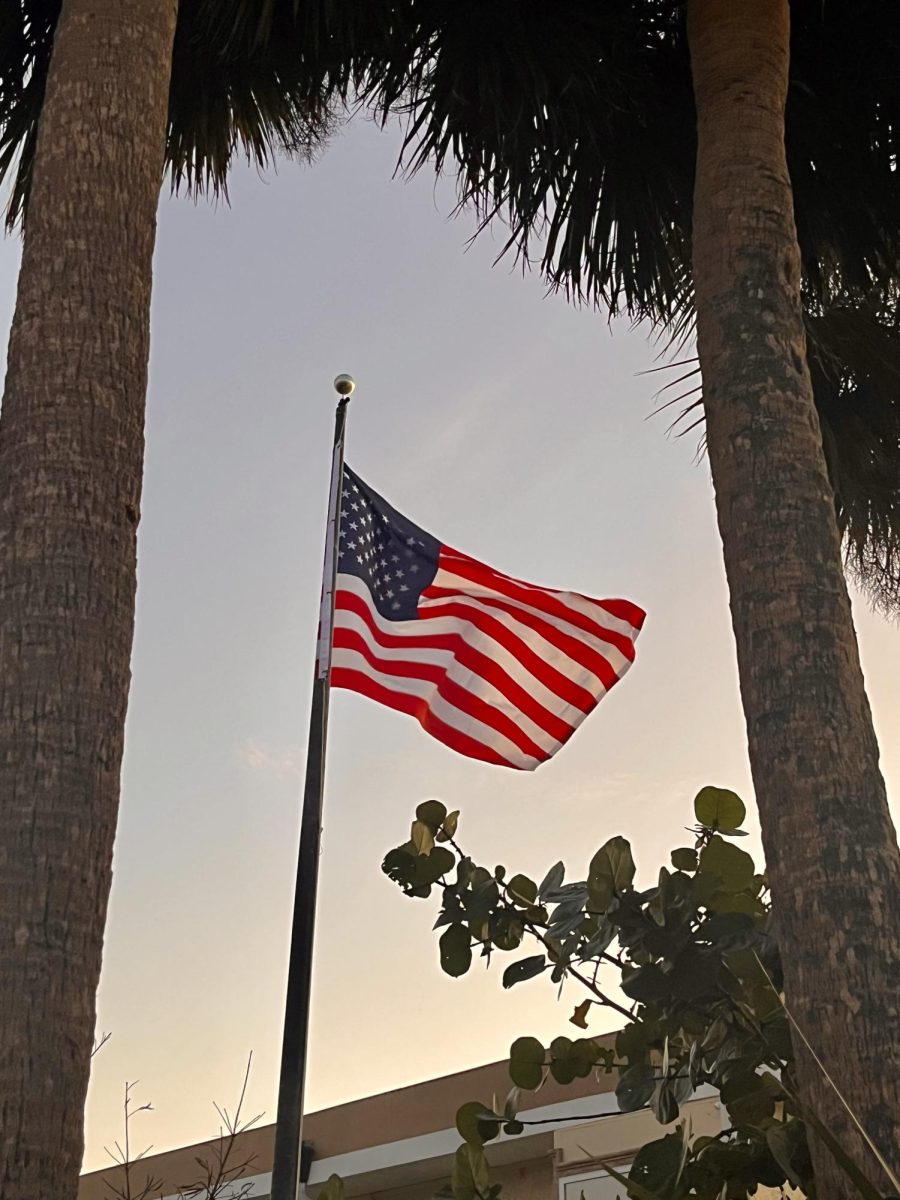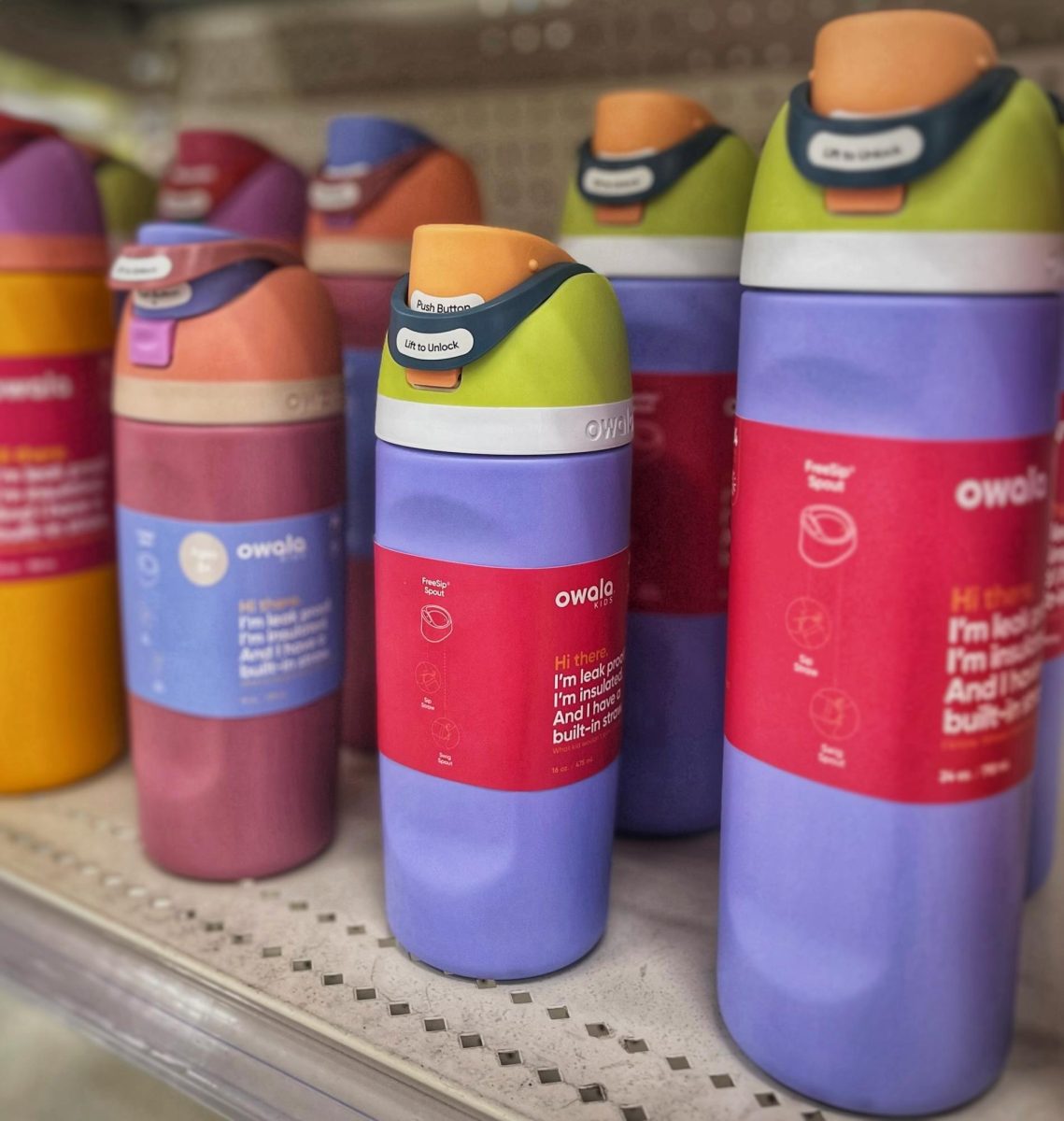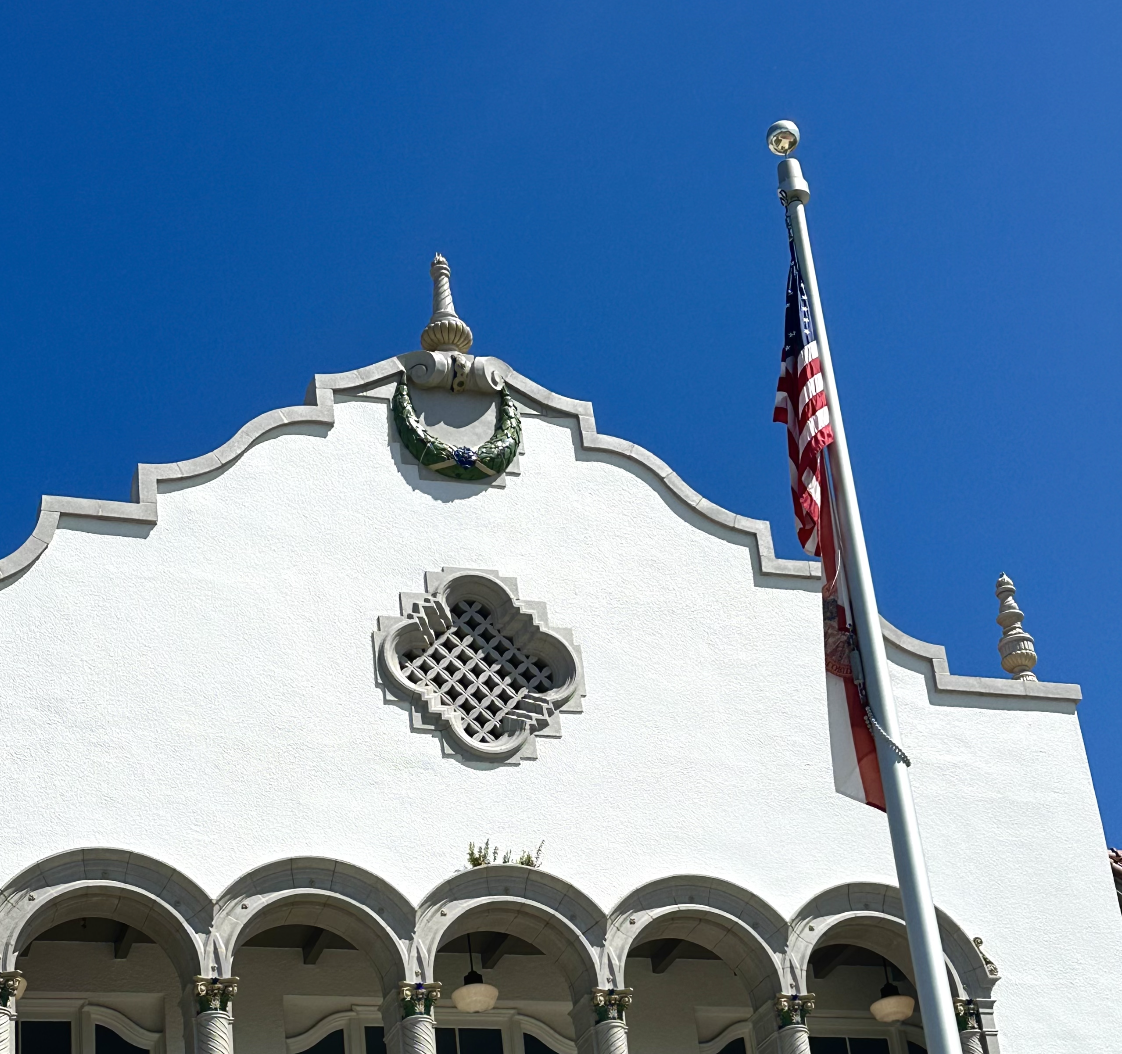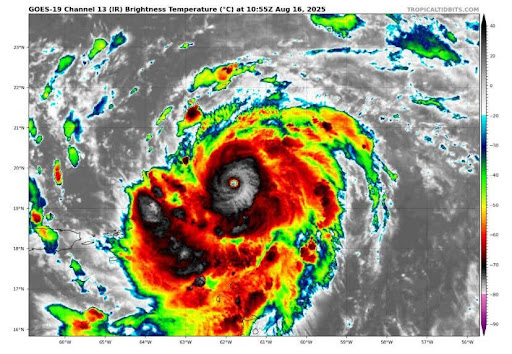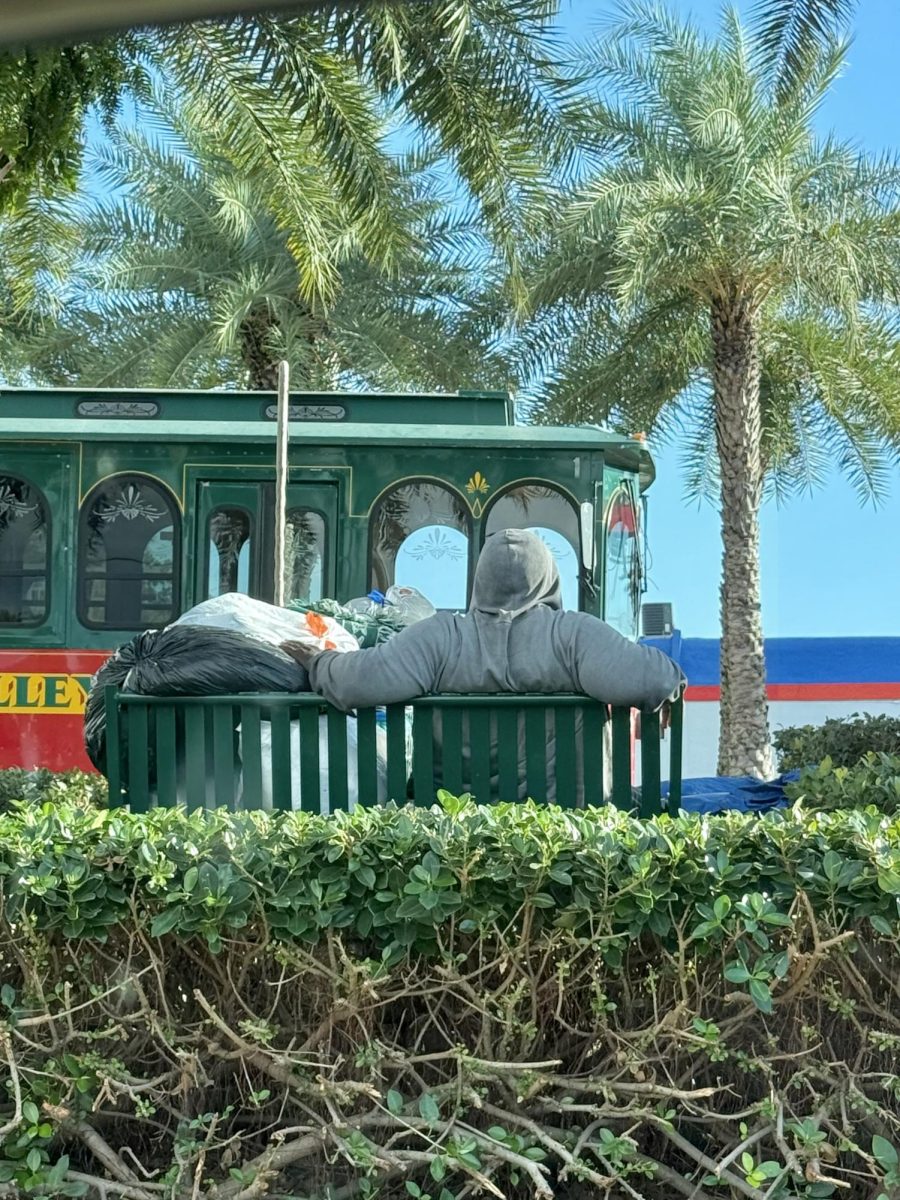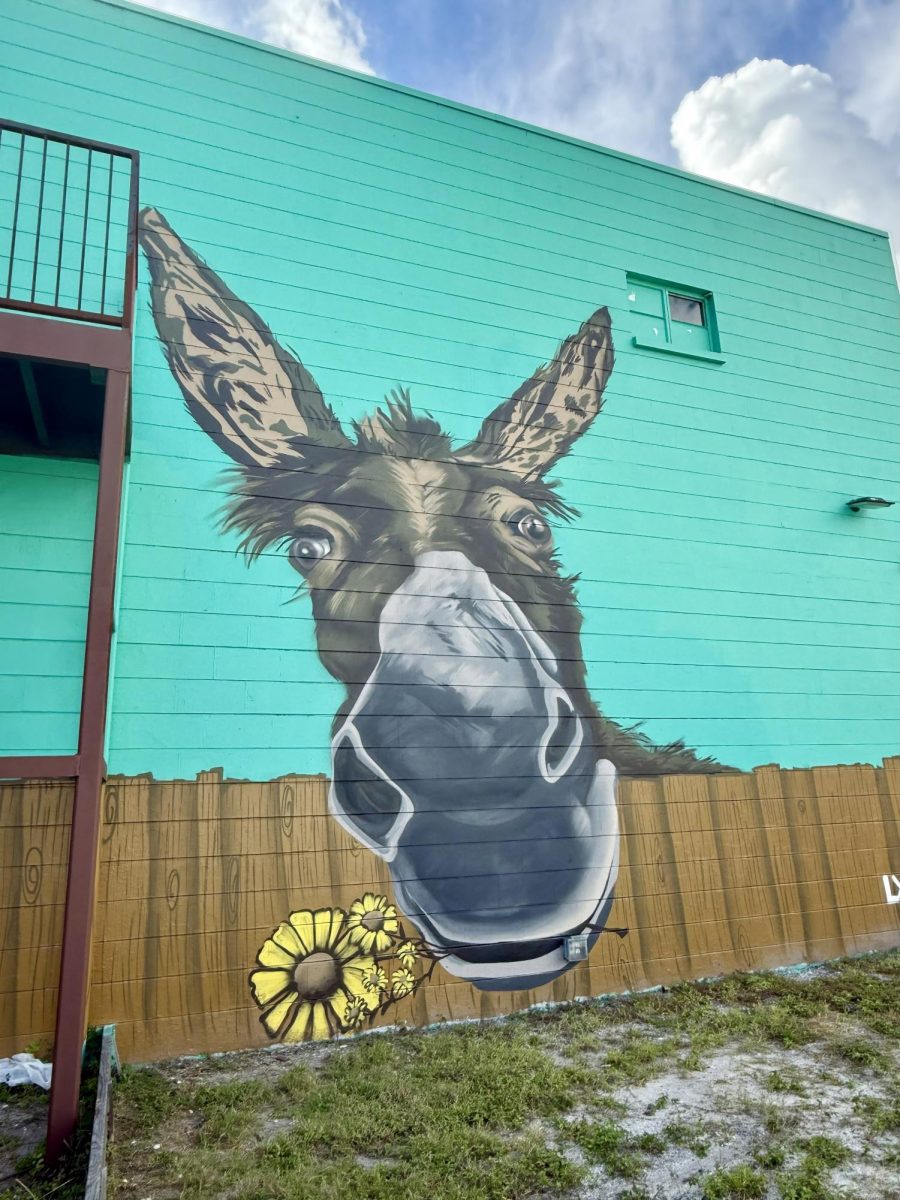November 5th became a civic milestone for many young adults across the country, as their first ballots were cast for the 2024 presidential election. Despite lively preparations for the quadrennial event, many new voters felt intimidated by the lengthy ticket and numerous candidate choices ahead of them. While some took in-depth research into their own hands, others, occupied with the bustle of a new academic year and feeling disconnected from the influences of politics, took a different approach to selecting which circles to fill in at the polls.
When interviewed about the election, first time voter and St. Pete High senior Shayla Nguyen stated “I take voting very seriously.” Knowing for the past few years that she would be turning eighteen during an election year, Shayla spent time looking into various sources for information regarding candidates and their policies, as well as Florida’s specific amendments. She noted that a main resource for her was VOTE411.org, a site launched by the League of Women Voters Education Fund in October of 2006; a self-proclaimed “one-stop-shop” for election related information, the website provides nonpartisan information to the public with both general and state-specific information, along with election dates, absentee ballot information, ID requirements, and much more. Nguyen specifically utilized the VOTE411 “Voters’ Guide” to learn about “what [the candidates] aimed to improve, as well as what voting yes or no on a certain amendment meant.” Additionally, Shayla offered,“I think it’s good to talk to people. I did talk with my friends a little bit before, as well as some of my teachers and the adults in my life. But I also think it’s important that you don’t let anyone else’s personal opinions impact your own opinion.”
Queue St. Pete senior PJ Toomey, whose methods this election season lied on the flip side of the coin. “I used sources like this (an online article from Pensacola News Journal’s online edition, titled “Not sure how to vote on Florida’s six ballot amendments? Here’s what to know about them”) to break down the amendments for voting, but as for the presidential candidates I honestly was so busy that I didn’t have enough time to fact check the news and other sources so I mostly relied on what my parents said.” Toomey also noted, “I didn’t really have any key concerns going into this election because politics hasn’t really affected my life in a visible way, since I’ve been legally a kid for all but the last few months of my life. I really didn’t know much going into it, although I wish I would have had more time to research the candidates and what they each stood for.” PJ demonstrates a realistic struggle that many high school and college-aged voters experience: it can be difficult to prioritize politics – and the inevitable, sometimes extensive research that comes with dissecting candidates and their policies – when managing the demands of academics, sports, extracurriculars, and savoring any downtime in between. Furthermore, many young adults often look towards family members and friends for political advice during an election, which plays a major role in influencing the ballots of new voters.
The experiences of first-time voters like Shayla Nguyen and PJ Toomey highlight the diverse approaches young adults take when engaging in the electoral process for the first time. While some, like Shayla, prioritize research and discussion to make informed decisions, others, like PJ, face the challenge of balancing political activity with the busy demands of their daily lives. This reflects a broader trend among young voters, where time constraints and a lack of familiarity with the political world can complicate the process of becoming an informed electorate. Nevertheless, the importance of voting remains a significant milestone in the lives of these individuals, and as they gain more experience in future elections, their ability to engage with the political system is likely to grow. Ultimately, the act of voting marks an essential step in becoming an active participant in democracy.




